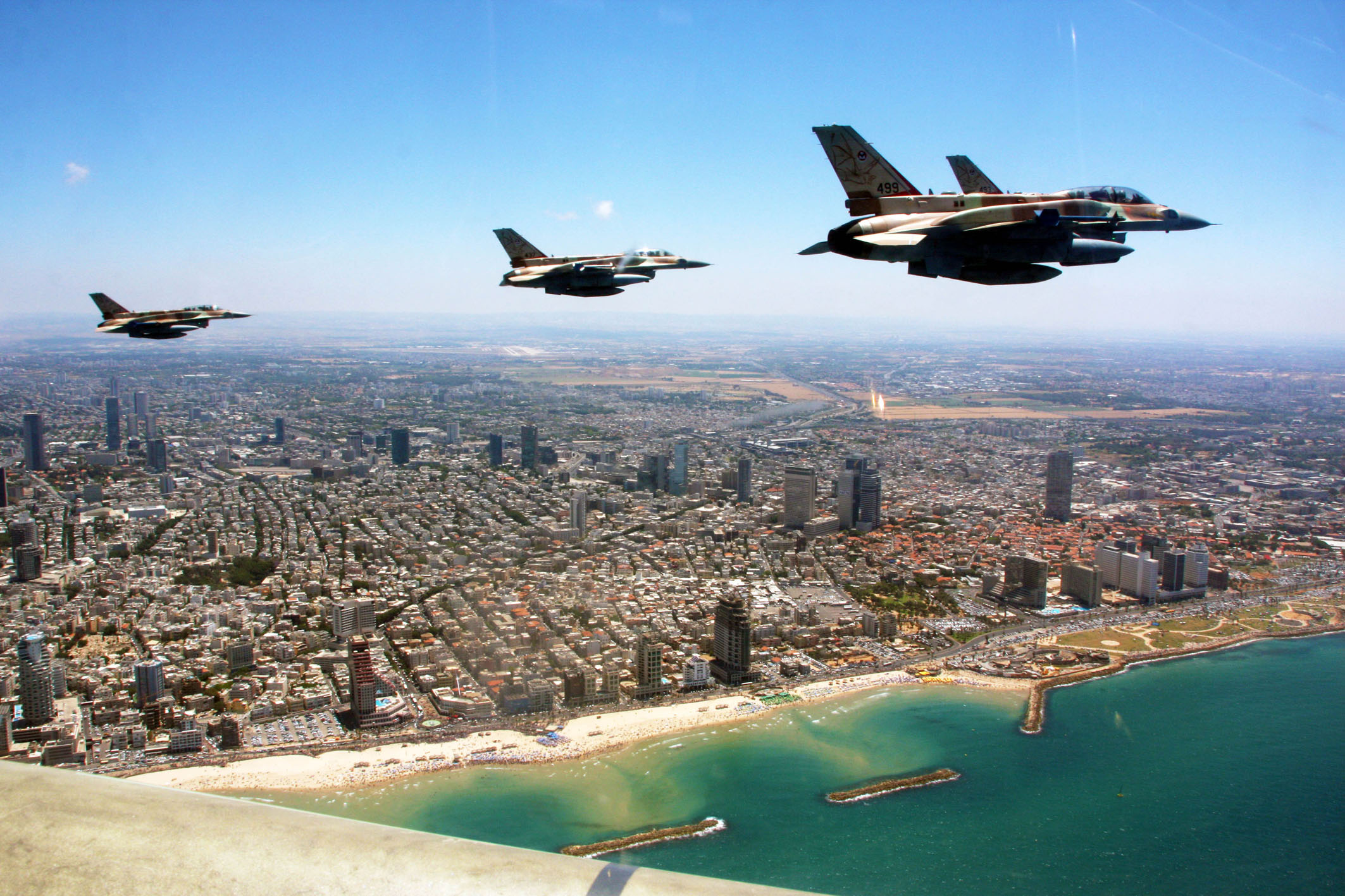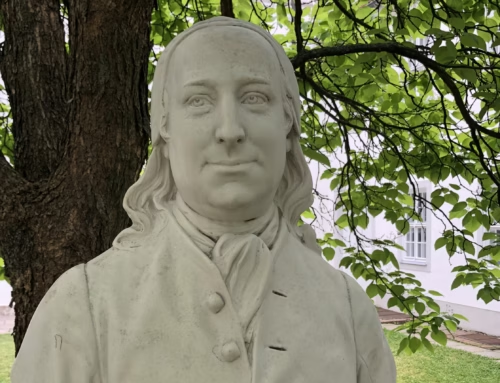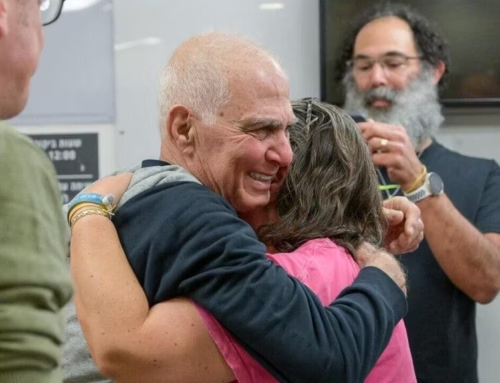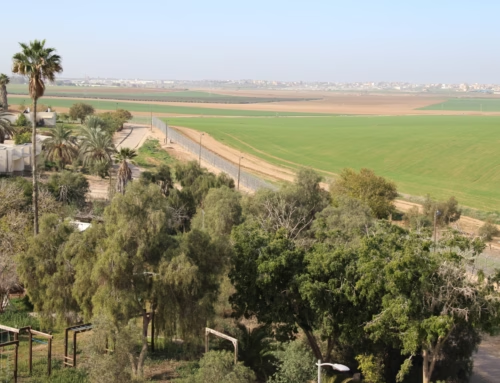Israel celebrates 75 years of Independence
During the diaspora, while various nations and empires occupied Israel, the longing to return to the land has been the focus of the Jewish people. April 26 marked the 75th occasion that Israel celebrated its independence since the re-emergence of the Jewish state in the area where the Jewish people have lived for 4,000 years.

The Israel Air Force conducts an air show every year on Independence Day. Photo: IDF
Israel’s Independence Day is celebrated on the anniversary of the establishment of the State of Israel, which according to the Hebrew calendar took place on the 5th of the month Iyar.
This year’s celebrations began on Tuesday evening, April 25 immediately after the conclusion of the Memorial Day for Fallen Soldiers and Victims of Terrorism, when the state flag was raised from half-mast in a national ceremony on Mount Herzl.
Independence Day was filled with festivities and celebrations — picnics, BBQs, family gatherings and nature walks. Balconies, car windows and shop fronts flew more Israeli flags than usual.
Soon 10 million
The Central Bureau of Statistics in Israel announced on the eve of the Israel’s 75th anniversary that its population is estimated at 9.757 million – almost twelve times that which existed when the state was proclaimed in 1948 when 806,000 people lived in the country. Jews today make up 73.5 percent of the population, Arabs 21.0 percent and other 5.5 percent. About 75 percent of the Jewish population today consists of native Israelis, and more than half of that group are at least second-generation Israelis, writes the Israeli government on its website.
Since the state of Israel was declared, over 3.3 million immigrants have arrived in the country. As a result, the percentage of Jews living in Israel in comparison to the total world Jewish population grew from six percent on the country’s one-year anniversary to 44 percent on its 75th anniversary.
In 1948, only Tel Aviv-Jaffa had more than 100,000 inhabitants. Today, there are 14 cities in Israel with a population of over 100,000, and six others with over 200,000 inhabitants: Jerusalem, Tel Aviv-Jaffa, Haifa, Rishon Lezion, Ashdod and Petah Tikva.
Dangerous polarization
When Israel declared independence in 1948, in the aftermath of World War II and the Holocaust, Tel Aviv was a small city of low-level dwellings. Today, where there were sand dunes, there are now skyscrapers housing some of the world’s richest high-tech companies.
And the small, scrappy army that unbelievably fended off much larger Arab forces during the ensuing wars is now considered one of the more sophisticated militaries in the world.
Ahead of the country’s 75th anniversary, Israeli President Isaac Herzog warned that the fierce debate over Israel’s direction in recent months is a striking example of the ways that alienation between different groups, and polarization that’s been festering for years, becomes corrosive and weakens the pillars that uphold our nation.
Existential threat
“I am convinced” he said “that there is no greater existential threat to our people than that which comes from within: our polarization and alienation from each other,” he said, according to CNN, referring to the split between supporters and opponents of Prime Minister Benjamin Netanyahu’s plans for reshaping the balance of power between parliament and the legal system.
The split became apparent on the national birthday. Families of servicemen asked government ministers not to visit cemeteries and give their customary speeches. Benjamin Netanyahu, the prime minister, appealed to mourners not to heckle the government’s coalition members. Not everyone listened to him: there was a riot at a memorial in Beer-Sheba, where Itamar Ben-Gvir, the right-wing security minister, was speaking. Opposition leader Yair Lapid boycotted the official Independence Day, writes The Economist, which believes there should have been much to cheer about at sunset on April 25, when Israelis marked the 75th anniversary of the country’s founding in 1948.
Safety and prosperity
A country founded in the midst of war and poverty less than a century ago is today richer than many Western countries and safer than ever, notes the newspaper, which believes that it is impossible to talk about the last 75 years without talking about Netanyahu, who has governed for a fifth of that time.
“Since 2009, when he began his longest tenure as Israel’s leader, 136 Israeli civilians have been killed by Palestinians – compared to 269 in 2002 alone, at the height of the second intifada (uprising). As security improved, so did the economy. GDP per person has grown by 34 percent since 2009, which is faster than the United States and Germany,” writes The Economist.



